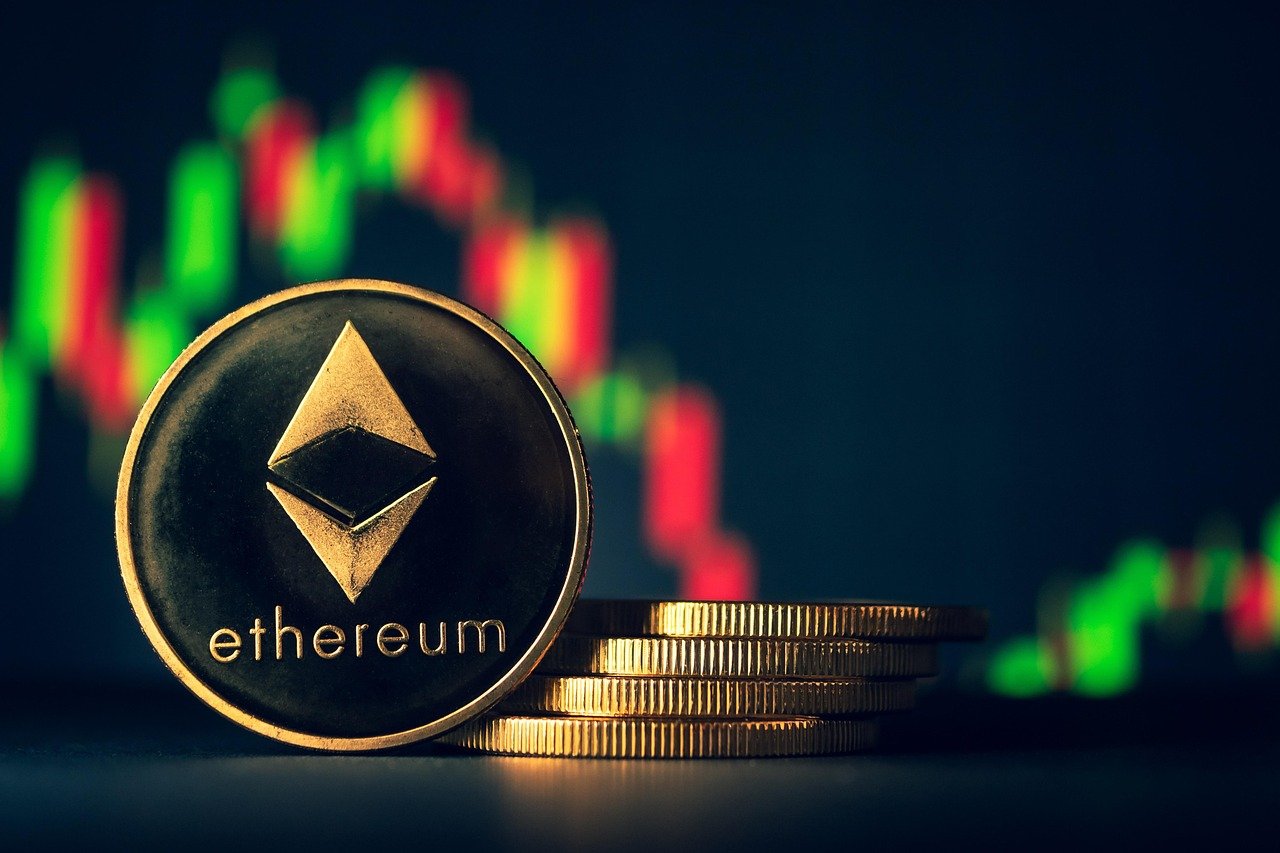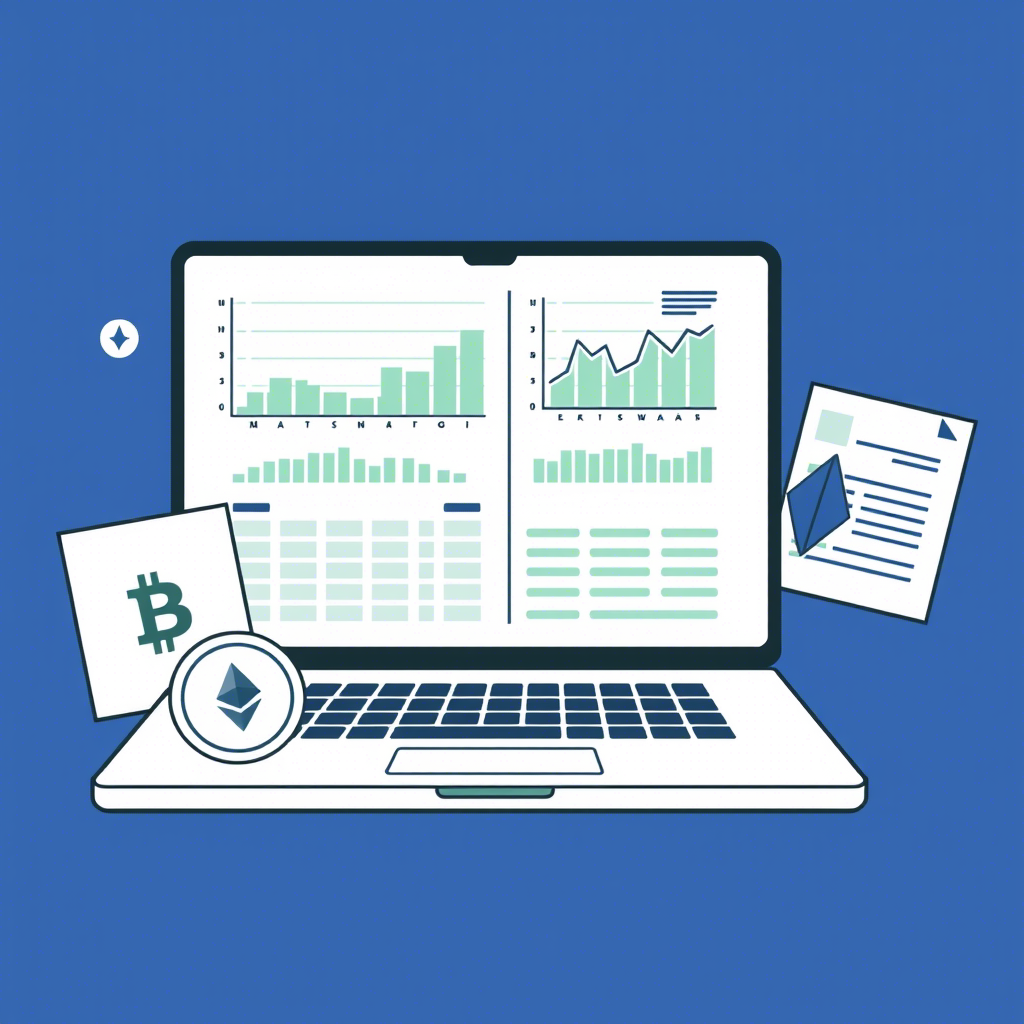A crypto exchange is often the first step for new users to buy, sell, or trade digital assets. But with countless platforms—some centralized, others fully decentralized—deciding where to open an account can be confusing. Do you prioritize security or low fees? Is a wide range of altcoins essential, or do you just need easy fiat on-ramps?








